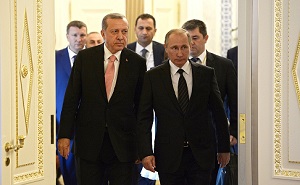The India-China Clash and the Expanded SCO
By Stephen Blank
October 16, 2017, the CACI Analyst
The recent Indo-Chinese crisis over the Doklam area has been peacefully resolved for now, yet its repercussions risk spilling over to both South and Central Asia and beyond. The Doklam clash has demonstrated to China that it can no longer push India around, and India immediately registered that lesson in self-confidence by stating that it will play a larger role in Southeast Asia, another area where they both jostle for influence. Similarly, we can expect an expanded rivalry in Central Asia, not least within the framework of the Shanghai Cooperation Organization (SCO) now that India and Pakistan are both members.
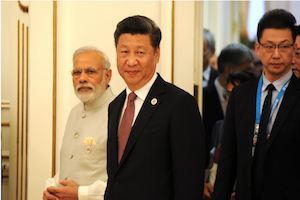
Has the SCO Solved its Expansion Dilemmas?
By Richard Weitz
August 3, 2017, the CACI Analyst
The June Shanghai Cooperation Organization (SCO) summit in Astana marked the SCO’s first membership expansion since its creation in 2001. By finally ending this logjam, the SCO has raised expectations of continued enlargement and increased geopolitical weight. However, major obstacles to further growth persist; meanwhile, more members deepen the mutual tensions and rivalries within the institution.
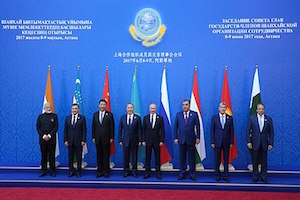
Revere or Reverse? Central Asia between Cyrillic and Latin Alphabets
By Farkhod Tolipov
June 6, 2017, the CACI Analyst
In April this year, Kazakhstan's President Nursultan Nazarbaev made it clear that Kazakhstan intends to change from the Cyrillic to the Latin alphabet. Thereby, this country took a new step in the overall course of its post-Soviet development as an independent state. Kazakhstan became the third state in Central Asia after Uzbekistan and Turkmenistan that decided to undergo such a change. Kyrgyzstan will supposedly be the next country to move in the same direction. The change of alphabets was met with geopolitically saturated aversion in Russian political circles and media, in contrast to the relatively peaceful manner with which it is being introduced in the countries themselves.
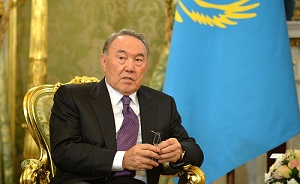
Central Asia: An Opportunity for the Trump Administration
By Stephen Blank
March 22, 2017, the CACI Analyst
Central Asia has never ranked high on U.S. priorities. That is unlikely to change under the Trump Administration. Yet recent developments in Central Asia, particularly in Uzbekistan, do offer an opportunity to advance U.S. interests through a greater economic-political presence in the region, whilst also countering growing Chinese economic dominance and Russian efforts at military hegemony at a relatively low cost. The two key countries in this possible opportunity for the U.S. are Uzbekistan and Kazakhstan.
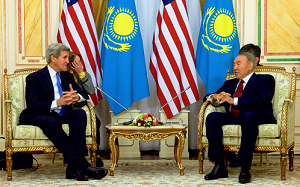
Weaker Turkey leaves the South Caucasus without Strategic Anchor
By Mamuka Tsereteli
February 17, 2017, the CACI Analyst
The weakening strategic position of Turkey will have a profound impact on the Black Sea-Caspian region and wider Central Asia. An assertive Russia and diminishing U.S. and Western engagement further limits Turkey's ability to play a pro-active role in the region. For regional actors in the South Caucasus, part of the solution should be to create the best possible conditions for transiting Asian cargos via Central Asia, the Caspian Sea, the South Caucasus corridor and the Black Sea to Bulgaria and Romania. This is how countries of the South Caucasus can bring new balancing powers to the region.
